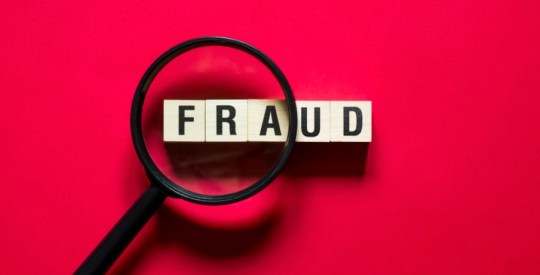Freddie Mac recently began reaching out to real estate associations and fielded more calls on a rising rate of fraudulent short sales. With foreclosure delays and procedural problems still weighing on a housing recovery, servicers boosted short sales to 25% of all liquidations by the middle of 2011, up from 8% two years ago. Freddie completed 21,515 short sales in the first half, up 31% from the same period last year, according to its second-quarter financial filing. These transactions accounted for 14% of all completed workouts in 2010, up from 4% in 2000. Shelley Poland, a vice president at Freddie, and Robert Hagberg, the associate director of fraud investigations, said in a blog post Monday the mortgage giant sees short sale fraud on the rise as well — especially when real estate agents fail to disclose other parties involved in the transaction, who will rig sales at a low price and hide better offers from Freddie and the distressed homeowner. “Then, after the house is sold, the fraudster can flip it a few hours later for the better price and walk away with the profitable difference,” the Freddie executives said. “By concealing the higher offer, short sale fraud worsens losses to home sellers, Freddie Mac, and taxpayers. It also throws another wrench into the housing recovery by undermining the trust and transparency at the core of any real estate transaction.” Short sales fraud is now the top priority for Hagberg’s investigation unit. It began working with these real estate agents and law enforcement to detect suspicious activity before a deal closes. The unit also built an exclusionary list of companies and individuals who will can no longer do business with Freddie. The unit soon began seeing trends. Some agents provide false offers on a property to discourage legitimate bids and ensure accomplices get the property for a planned low bid. Others manipulate the listing price to make the house seem more problematic than it is by inflating repair costs and obtaining an artificially low broker price opinion. So-called “flopping” schemes are rising, allowing a fraudster to buy a short sale from Freddie or banks by using falsified title and loan documents, then selling the property to a legitimate buyer for a higher price sometimes in a matter of hours. Others even skew the HUD-1 settlement statement, which itemizes fees, charges and other funds, to skim away proceeds from the short sale. Freddie now requires all parties in a short sale to sign an affidavit, holding them liable if investigators find the transaction wasn’t done at arms-length. “There are many conscientious real estate professionals who want to do the right thing. We often receive calls in our servicing, quality control, fraud investigation, outreach, and HomeSteps divisions from real estate agents who know they’ve seen something inappropriate and won’t look the other way,” the executives said. “They understand that real estate fraud turns a shortsighted profit at the cost of the public’s long-term confidence in homeownership and the housing industry.” Write to Jon Prior. Follow him on Twitter @JonAPrior.
Freddie Mac alerts real estate agents to rising short sale fraud
Most Popular Articles
Latest Articles
CertifID and Old Republic partner to prevent fraud
The firms are working together to help mitigate losses from mortgage payoff fraud
-
Real Estate Lead Generation and Marketing
-
Former Ginnie Mae president reacts to lawmaker’s reverse mortgage securities letter
-
Financial planner: Reverse mortgages can help retirees with high property taxes
-
MBA issues support for real estate finance bills debated by Congress
-
Supreme Court denies HomeServices’ petition in commission suit



